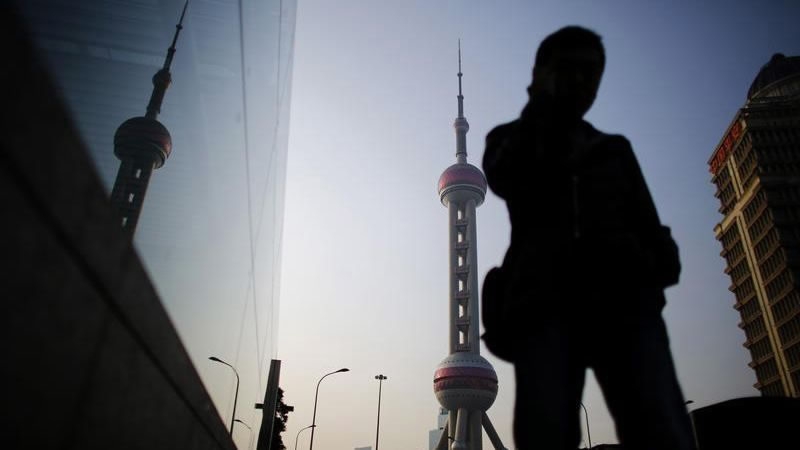
Business
16:03, 03-Nov-2017
China mulls stepping up overseas investment oversight
CGTN's April Ma

China is aiming to make government approval process of overseas deals more explicit and efficient while drawing a more distinct line at where investments are "sensitive", in draft guidelines released by the state planner on Friday.
The National Development and Reform Commission (NDRC) Friday published a draft on cross-border deals, with the goal of "ramping up supervision, promoting healthy growth, and safeguarding national interests and security", according to the document, which is open to opinions from the public until December 3.
The move comes as authorities have over the past years rapped firms for "irrationally" investing overseas in areas faintly related to their businesses, acquiring top-league sports teams and prestigious landmarks in a bid to boost reputation, which has increasingly been viewed as a form of capital flight that threatens to weaken the yuan currency.
The planning body plans to launch an official approval platform, for interested companies to submit their paperwork for review. The authorities will issue feedback within 30 days, and in complicated cases, approval or denial of a deal will be given within 60 days, the guidelines stipulate.
This clause and others set a limit on the time authorities are allotted to react to overseas deals, vastly tightening up the approval process, while other administrative hurdles will be reduced under the new rules.
The guidelines also clearly state that investments into sensitive industries or regions will be barred, explaining that countries or areas that have not forged diplomatic ties with China, those plagued by war or conflict, and those where China has agreed to abide by sanctions.
Media organizations, weapons manufacturing, companies involved in multi-national water resources exploitation or those that China’s national macro policies restrict investment in were listed as sensitive sectors.
There is no timeline as to when the new guidelines will come into effect, but when they do, they replace an original set of review and approval procedures, which were first applied in May 2014.
China says it continues to encourage genuine overseas deals, though intentions inhibit extravagant spending sprees in property, hotels, entertainment, sports clubs and film industries which are deemed more speculative are evident.
Since late 2016, China has introduced a more stringent foreign exchange regulation and discouraged acquisitions into such sectors, which have been deemed "not by macro-control policies".
China’s non-financial outbound direct investment (ODI) fell 41.9 percent in January-September from a year earlier to 78.03 billion US dollars, according to figures published by the Ministry of Commerce last month.
12km

SITEMAP
Copyright © 2018 CGTN. Beijing ICP prepared NO.16065310-3
Copyright © 2018 CGTN. Beijing ICP prepared NO.16065310-3